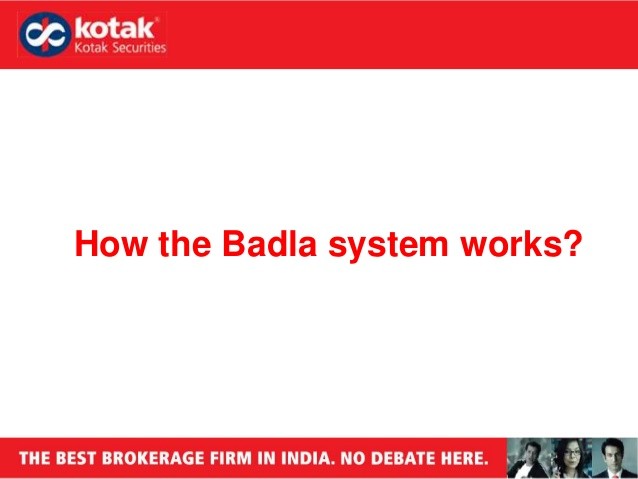Why is short selling dangerous Kotak® Securities
Post on: 29 Май, 2015 No Comment

Why is short selling dangerous?
Market participants should always be aware that trading is more risky than investing as trading always carries the risk of timing and speculation. Trading requires discipline and skills to time the market accurately.
When the market is bearish it presents a window of opportunity for traders to make money by ‘shorting’ stocks with the belief that the market will continue to be bearish and this is where short selling comes into picture.
What is short selling?
Short-selling is the sale of shares that the seller does not own at the time of trading. It is a trading technique an investor uses to profit from the falling price of a stock. It is a tactic of selling a stock without owning it, with the view that the price is likely to fall further and, hence, there is profit to be made by buying it back at a cheaper price. It is considered a very risky technique as it involves precise timing and because it goes against the overall direction of the market.
Despite being a long-standing market practice worldwide, short-sales have been the subject of considerable debate and divergent views in most securities market. Supporters of short-selling, view the practice as a desirable and essential feature of a securities market. They argue that in a weak market, short-covering of positions taken at the beginning of a downturn, would arrest the declining trend. Critics of short-selling, on the other hand, are convinced that short-selling poses potential risks and can easily destabilize the market directly or indirectly.
In Indian equity markets, short selling is typically undertaken via the futures and options route since short (sell) positions in the cash markets can be held only intra-day.
But the question is whether intraday or not there is an inherent risk in adopting a short selling strategy. Firstly, market participants should be clear that it is trading and not investing and to that extent it carries the risk of timing and speculation. Moreover, the discipline required to see it through goes against an investor’s natural instinct and makes the position riskier.
Though it is true that by short selling in many cases, the profit made can be multifold, but then the person doing it needs to be a seasoned trader and should also have the ability to take the risk of stock prices not moving in the direction as expected. Because if the scenario which is envisioned doesn’t play out, than the loss can be manifold and hard to digest.
Below are few of the reasons why short selling can be extremely risky:
- It requires the timing the market: Short selling is a trading technique and all the trading techniques require market timing and short selling is no different. When taking on a short position not only the view should be right but also it should be the right time. So if a trader is assuming that the stock price will decline, it must happen at that time only. But if that does not happen and the stock price goes up after it has been short sold or if it was short sell too soon and the price takes longer to correct then in both scenarios it is likely to be a loss making scenario, not because the call was wrong but because the timing of the call was wrong

Thus it can be said that shorting selling though a profitable strategy at times can result in unlimited losses and it should not be used by investors who are new to the market and does not understand the dynamics of stock market.
References:














